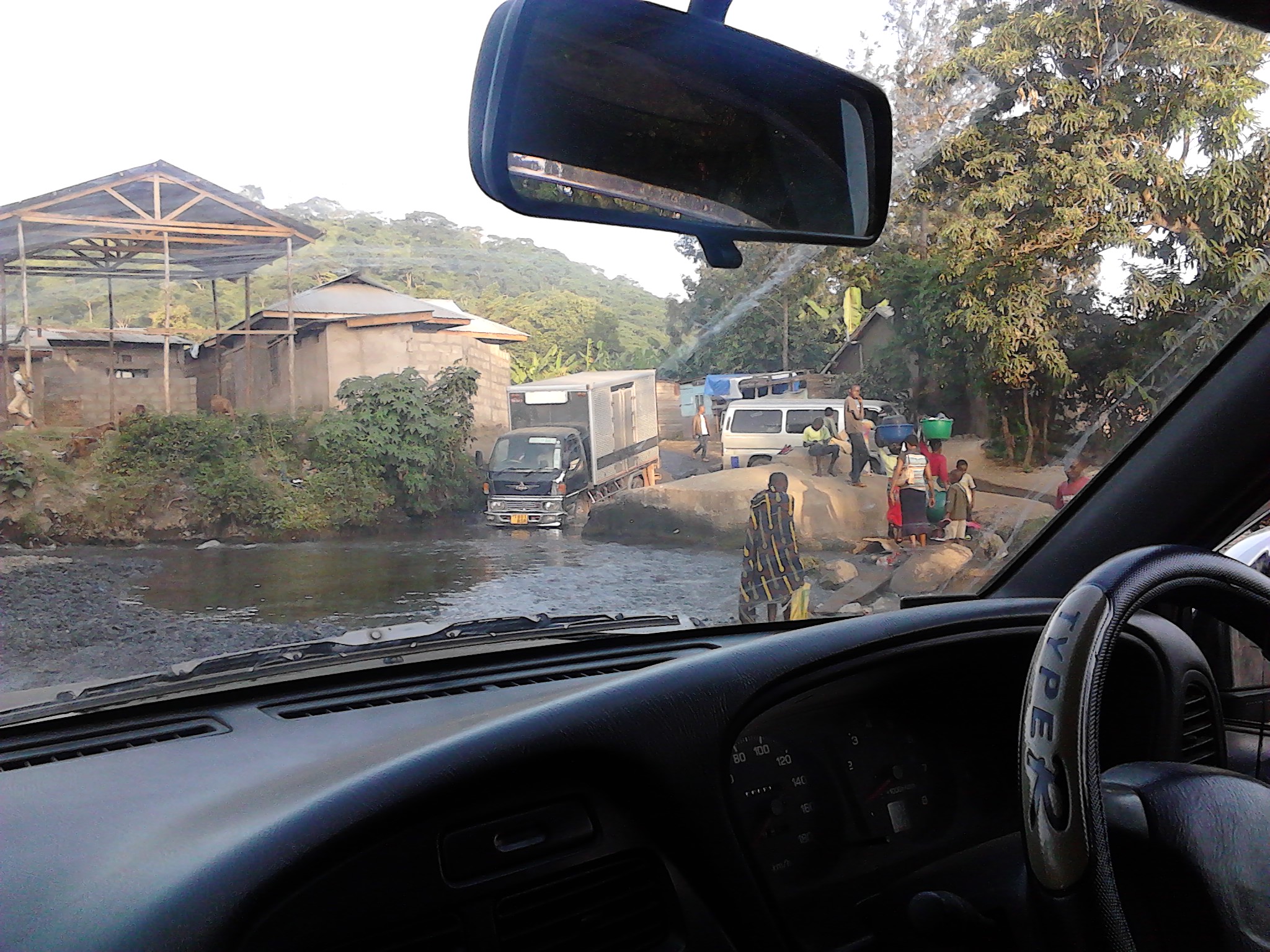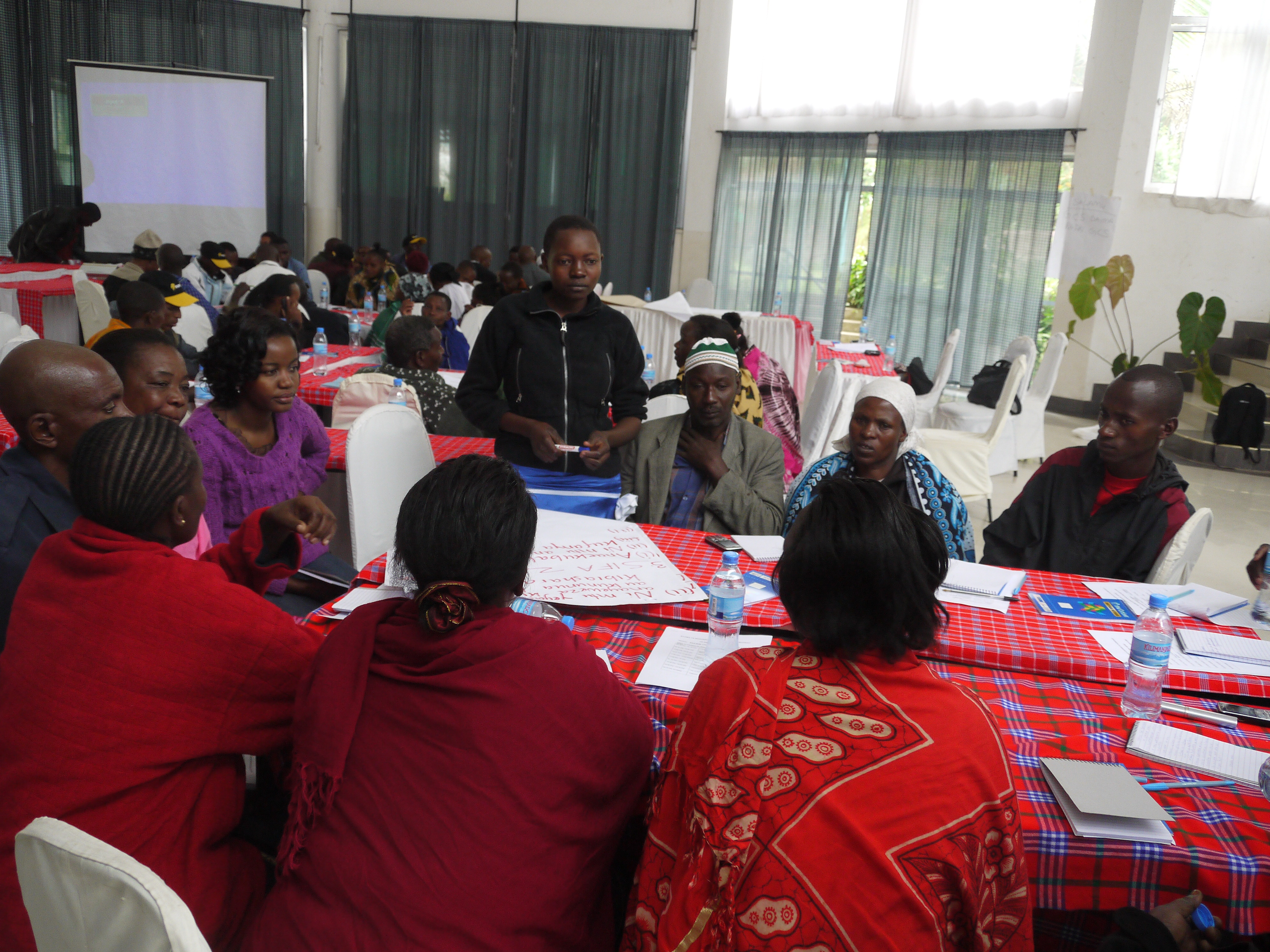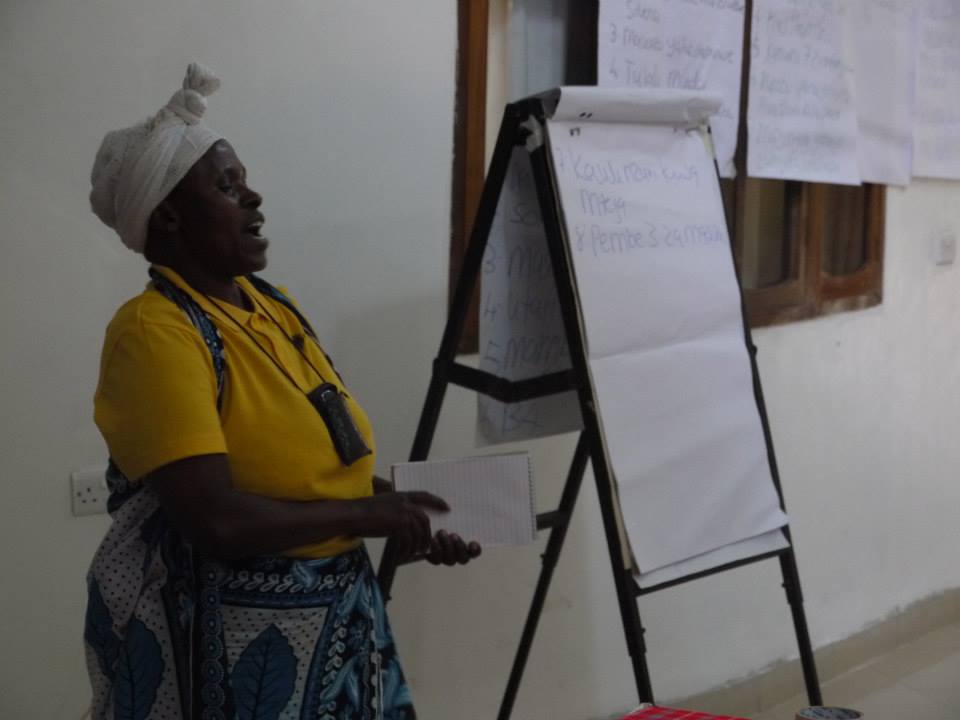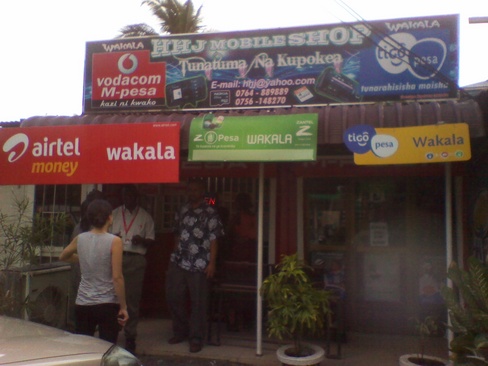In the last post I described the challenges involved in setting up and operating a sustainable last-mile distribution network in Tanzania. Chief among them is the difficult navigation of the very limited transportation infrastructure.
GCS Tanzania, like many others operating under these conditions, has chosen for a strategy of creating a network of micro-entrepreneurs (a.k.a GCS “Rafiki”) from the rural villages themselves. The primary aim of this network is to bring the cost of distribution down to a level that is affordable for everyone involved. But it also has the additional benefits of creating a source of income for villagers as well as enlisting sales agents for GCS who understand their customers better than anyone else. Taking this approach, however, introduces a number of new and very different challenges.
The success or failure of the entire business depends on the success of the Rafiki themselves. Yet most of them will have had little or no professional sales experience prior to joining GCS. The ability of the business, and in fact GCS itself, to survive will be determined by its ability to recruit, train, and support the Rafiki effectively. In other words the primary business drivers come down to three basic things:
- How quickly Rafiki are recruited;
- How much each Rafiki sells;
- Scaling up both of them (much) faster than expenses.
In this post I will share how we are going about it and some of the lessons we’ve learned so far along the way.
Lesson #1: No need to reinvent the wheel
The decision to go the way of recruiting micro-entrepreneurs was not made overnight, it was the result of a long and painful process. In the beginning, GCS simply sent sales reps out to distant rural villages every day in a Land Rover with a trunk full of solar lights. Unfortunately, this proved to be a prohibitively expensive strategy due to the amount of fuel, labor, and vehicle wear-and-tear involved. Not to mention the need for frequent return visits to close deals.
The second approach also involved GCS reps hopping into Land Rovers, but this time to seek out and speak with the leaders of the villages to seek their support in recruiting local sales agents. This was a step in the right direction but recruitment progressed at a snail’s pace due to the time and effort required to introduce the company, its products, and the benefits of the micro-entrepreneurship. Eventually this also proved to be too costly as return visits were still required while village chairmen took time to consider the proposal.
Finally we wised up and realized that rather than build our own we should be taking advantage of networks that already exist. This was achieved more recently by partnering with World Vision, an international NGO active in Tanzania and with strong rural networks in the area. They helped us make the needed introductions in advance and enabled us to organize “tours” of areas. We would meet anywhere from 10-15 village chairmen in a single visit of just a few days and have as many as 20 new recruits by the end of the week. In just 5 weeks our network grew from 18 to more than 90 active Rafiki in just the Arusha area alone.
Lesson #2: Recruitment is not enough
Recruitment was a major success, but our work was hardly finished. As mentioned earlier, our long term success hangs on the the long term success of the Rafiki themselves. In order to make sure they got off to the best possible start we partnered again with World Vision to organize a comprehensive 3-day training seminar. The training itself (led by an excellent trainer from one of our local sales partners) was delivered to both new and existing Rafiki. It covered key topics such as marketing, sales, and financial fundamentals. It included role playing exercises, team projects, and presentations by top-selling Rafiki with advice on running a successful business.
More importantly the event provided an opportunity for all of the Rafiki to meet and get to know each other as well as the GCS staff. It helped to strengthen the personal bonds with each other and with the company, the value of which cannot be understated given the far-flung and impersonal nature of the rural distribution business.
Lesson #3: Use local innovations to address local challenges
We’d come far at this point, but we had one more critical issue to address. Payment and delivery.
Tanzania is primarily a cash-only society, bank transfers and credit card payments are out of the question. To complicate matters, there is no regular postal delivery service as we know it in Western countries. How are we going to deliver the products and collect payment without sending out the guy in the Land Rover every week?
For now, we’ve addressed the first part, delivery of products, with the recruitment of Field Officers. They come from the same areas as the Rafiki themselves and have reliable access to some means of mobility. In addition to receiving deliveries of inventory on a regular basis (usually by courier or minibus), Field Officers are responsible for supporting a group of 10-15 Rafiki with stock deliveries and overall sales and business support on an ongoing basis. Payment, on the other hand, is a different matter. Fortunately, we’ve been able to take advantage of a fairly recent local innovation that has come into wide use across East Africa.
Mobile phone payment platforms such as M-Pesa and Airtel Money have not only eliminated the need to travel and meet face-to-face in order to collect cash but also most of the risks involved in handling large amounts of money. Using M-Pesa or Airtel, GCS will, in fact, go 100% cash-free within the next couple of weeks. This short video by Vodacom provides a quick introduction of how the mobile payment system works.
Looking ahead
GCS is now in a great position. We’ve definitely had a lot of help getting where we are and there is still plenty of work left to do. But the ingredients for success are in place. In the coming weeks we will support Rafiki by investing in promotion and marketing campaigns. We will also be working to establish partnerships with local financial institutions to make it easier for Rafiki to get the capital they need to grow their businesses.
At this time we are also looking even further out into the future seeking out other affordable technologies which can have as much of an impact on rural quality of life as solar lighting has.
This is a sure topic for a future post…






One thought on “Recruiting Rafiki (and getting rid of the guy in the Land Rover)”